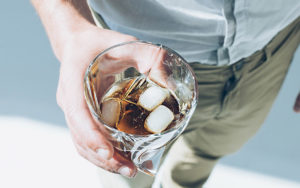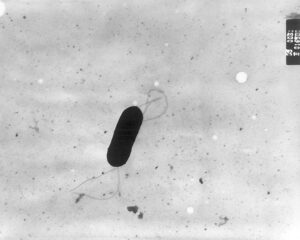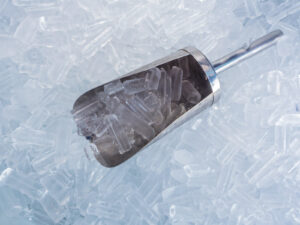Can you get sick from contaminated ice?
There are few studies that provide information on standards for the production of ice cubes. One of them are reports released by ice machine manufacturer Ice-O-Matic. They showed that almost 40% of operators acknowledge that they did not realise how often the ice machine, especially the water filters, needed cleaning. This showed that this area is often a neglected place. In addition, despite being professionally involved in the production of ice cubes, operators were unaware that bacteria were able to survive in ice.
Is this true? Unfortunately, yes! Bacteria that can cause health risks to humans are able to survive in ice cubes. After consuming contaminated ice, unwanted cases of cholera, Salmonella, E. coli, and Norovirus as well as many other diseases can occur.
Due to the possible presence of bacteria, regular cleaning of ice machines is required. The aim is not only to combat bacteria but also to eliminate the build-up of harmful slime or mould that naturally occurs when air is drawn into the unit during operation.
Referring to one of our principles, we encourage you to choose ice cubes from a trustworthy manufacturer that sticks to schedules and guidelines, is proactive rather than reactive, and ensures proper production standards on a continuous basis.
Sources:
hygienefoodsafety.org/can-you-get-sick-from-contaminated-ice/

The dirty truth about ice cubes
Ask yourself the question, how clean is the ice in your glass? If you are not careful, your drink has a lot of dangerous bacteria, no matter where the ice was made, whether in a pub, restaurant, ice factory, or your own home. You may think that micro-organisms do not survive in the icy conditions of freezers, but the truth is quite different and this is backed up by years of research by scientists around the world freezing bacteria and studying their survival rates.

Listeria monocytogenes
Listeria monocytogenes is a broad-spectrum bacterium that multiplies between -0.4 °C and 50 °C, is resistant to short-term pasteurisation and freezing as well as subliminal doses of preservatives and detergents, thrives under both aerobic and anaerobic conditions,

Can you get sick from contaminated ice?
There are few studies that provide information on standards for the production of ice cubes. One of them are reports released by ice machine manufacturer Ice-O-Matic. They showed that almost 40% of operators acknowledge that they did not realise how often the ice machine, especially the water filters, needed cleaning. This showed that this area is often a neglected place. In addition, despite being professionally involved in the production of ice cubes, operators were unaware that bacteria were able to survive in ice.
Stowarzyszenie Producentów i Operatorów Certyfikowanego Lodu Spożywczego, (Association of producers and operators of certified food ice) KRS [National Court Register] No. 0000784552, REGON [National Official Business Register] No. 383424111, NIP [VAT] No. 7010927104 00-630 WARSZAWA, ul. POLNA 24/7

